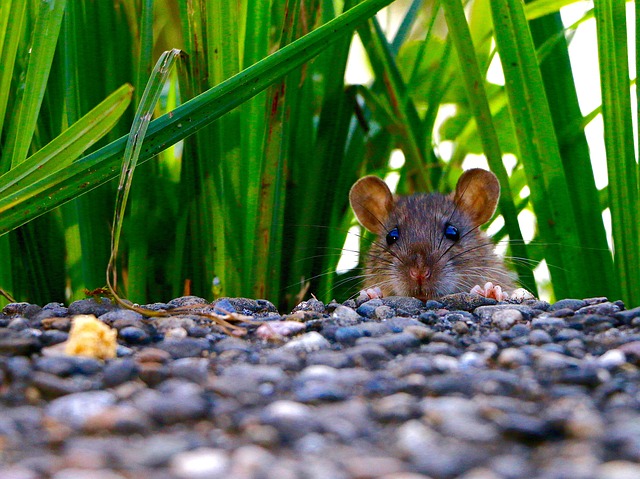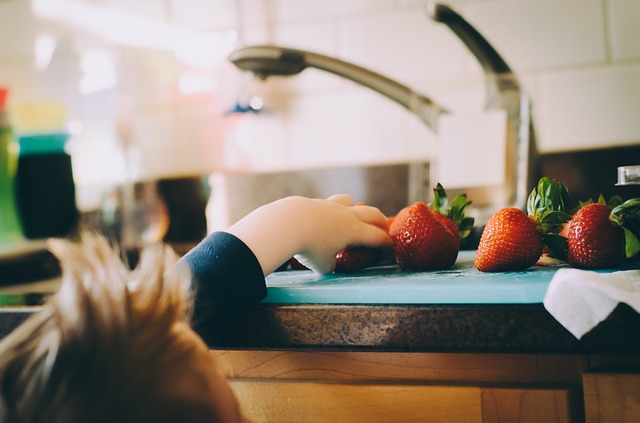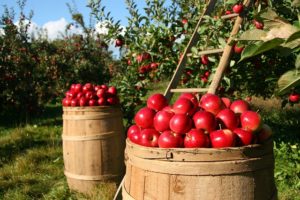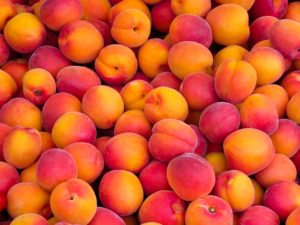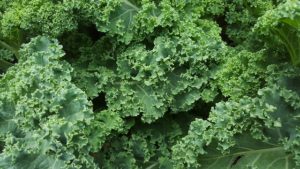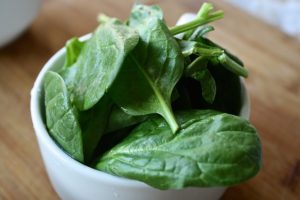This article contains affiliate links, find out more here by reading our policy and disclosures
From the moment you start growing fruits and veggies in your garden, you can hardly wait until they’re ready to harvest. Unfortunately you’re not the only one. There are many animals that are staring at your veggies, mouths watering, just waiting for an opportunity to take a bite.
Fortunately, a little fencing can keep some animals away during the day but at night is when the real garden predators come out to play: rabbits, raccoons, deer, rats, mice and many others.
It’s fair to say no one wants to wake up in the morning to see half eaten vegetables in their garden with animal droppings left as payment. So how do we deal with this issue?
Well after much research, we can conclude that the answer won’t be found in your typical animal repellents. We’ve often heard about dried mint, or cotton balls with mint oil being used as a garden pest repellent. Here’s the flaw in using those methods. Dried mint is naturally biodegradable and when placed outdoors, it will degrade even faster. You would have to drop dried mint daily in your garden, and depending on how big your garden is, that cost could add up very quickly. Even fresh mint grown in your garden will only occupy a certain area and may not be strong enough to keep larger garden pests away.
